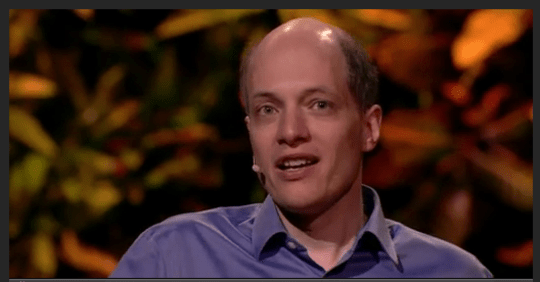Enjoy this piece on Atheism 2.0.
In my last discussion at DePaul University, a student asked me if I had spent any time with atheists. In my first 52 weeks, I did not, but since then, have considered atheist perspectives just as I have considered traditions and perspectives from different world religions. I respect anyone who has thoughtfully considered what they believe. But this talk (and anyone who knows me knows I love TED) gives an interesting perspective – what aspects of a religious community could atheists learn from? Beyond the belief in a specific deity, prophet, or path to enlightenment, are there aspects of religious community that atheists could enjoy and/or benefit from? Enjoy this piece on Atheism 2.0.
Enjoy!

So the foundation for a system of morals should be sought in our culture?
A culture that has been historically prejudiced against women, homosexuals, ethnic minorities and religious minorities? Recent developments in public morality and legal precedent haven’t been made because people have suddenly rediscovered “culture”: It’s because people have broken free from the centuries-old mentality hammered into them from birth and realised that certain “truths” are complete fallacies and many things considered inherently “right” are immoral in the extreme.
Using “culture” as the yardstick of morals would simply mean that nothing would change: The Middle East and the United States are excellent examples of a nation that derives its morality from their “culture”.
The former for attempts to execute a woman for poorly naming a children’s toy and actual execution of women breaching their inhuman imprisonment conditions. The latter for their xenophobic ignorance, paranoid fear of culturally ingrained prejudices (socialism = nazism and public health = communism) and the mentality of divine-right perpetuated by potential leaders like Sarah Palin and Rick Santorum that literally justifies whatever they feel like.
Posted by youhavegottobejoking | February 21, 2012, 4:41 am